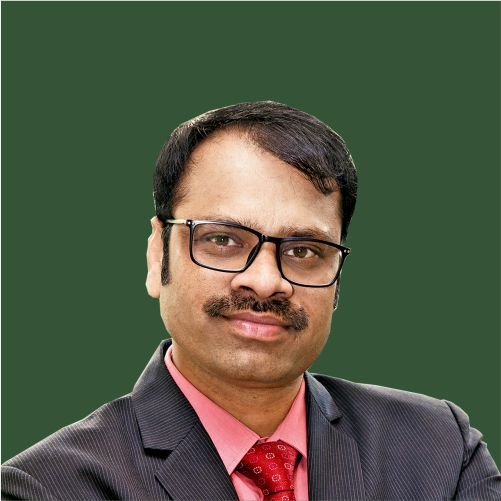The development of the DEL Clean product, in particular, boosted revenue streams and solidified the company’s position as a leader in water and air sanitization solutions.

By Rusen Kumar
In the wake of the COVID-19 pandemic, businesses across industries found themselves scrambling to adapt their operations to new challenges. For companies in the water sanitation industry, the shift was not only necessary but urgent. An important example of this pivot can be seen in the efforts of Karthik Hosavaranchi Puttaraju, who, as part of his work with a CMP, a pool products company, reimagined its existing water sanitation technology to address pressing global health needs.
At the heart of this transformation was CMP, a pool products and electronics company that had acquired two firms—DEL Ozone and Aquasun—specializing in the use of ozone generation and UV lamp technology to keep swimming pool water safe by eliminating harmful pathogens and algae. These companies, known for their inventive approach to water treatment, provided the foundation for the business’s strategic pivot. Taking advantage of an established inventory of parts and technology, the company repurposed its existing systems into air and surface sanitization units, effectively aiding the fight against the pandemic.
The idea came together quickly: within just six weeks, Karthik’s team developed and released DEL Clean, a new product designed for use in homes, offices, and public spaces to sanitize high-contact surfaces and the air, thereby reducing the spread of COVID-19. This was an example of how companies can utilize their existing inventory and technology to pivot during times of crisis. This transition not only contributed to public health efforts but also helped the company maintain relevance in an increasingly uncertain market.
The ability to develop ideas under stress is one of the company’s greatest strengths. The transition to producing sanitation systems for fighting the pandemic also reflected Karthik’s deep understanding of product engineering, gained through years of working with highly technical systems like pool sanitation. By reengineering existing products and strategically reallocating resources, Karthik and his team were able to solve a critical issue while ensuring the business remained economically viable despite global disruptions.
In terms of business impact, the company saw a significant return on investment from this crucial aspect. Karthik successfully managed the entire electronics portfolio worth over $20M as the sole electronics engineer. The development of the DEL Clean product, in particular, boosted revenue streams and solidified the company’s position as a leader in water and air sanitization solutions.
Despite the technical and logistical hurdles, Karthik’s ability to rapidly adapt to market needs proved to be a critical factor in their success. Some of the most significant challenges included the need to quickly adapt existing technology for use in entirely new contexts, all while avoiding bottlenecks in the production of existing profitable products. However, through collaboration across departments and the development of a clear, stage-gated process, Karthik and his team were able to successfully navigate these obstacles.
This initiative also had a broader impact on the company’s culture. By involving various teams in customer service, engineering, compliance, and manufacturing in understanding and promoting the new products, Karthik ensured that DEL Clean not only functioned as a product but as a part of a larger strategy to address the challenges posed by the pandemic.
Reflecting on the company’s response to the pandemic, one of Karthik’s key insights is the importance of innovation and critical thinking in times of crisis. The ability to use existing technology and inventory to pivot and create products that meet societal needs showcases how companies can not only weather challenges but emerge stronger. Given the ongoing public health issues facing the globe, such creative solutions are probably going to be crucial in determining future business plans.
Businesses can prosper in unpredictable times by implementing business strategies based on flexibility and fast thinking, as Karthik’s efforts show. “Through innovation and critical thinking, businesses can not only support society but also strengthen their own position in the market,” says Karthik, reflecting on the project.
The author is the editor at India CSR.
(India CSR)


























